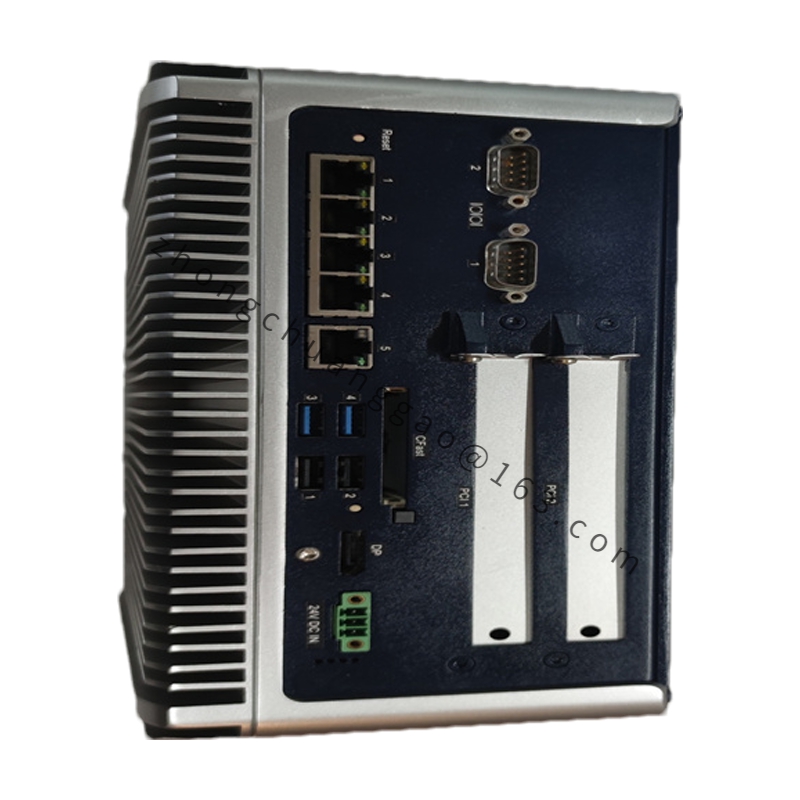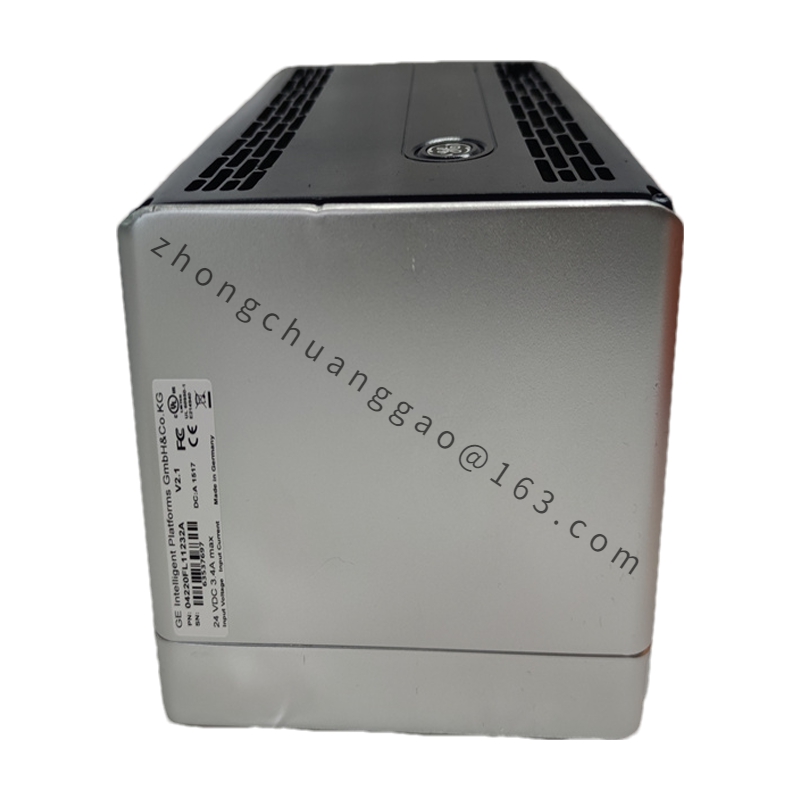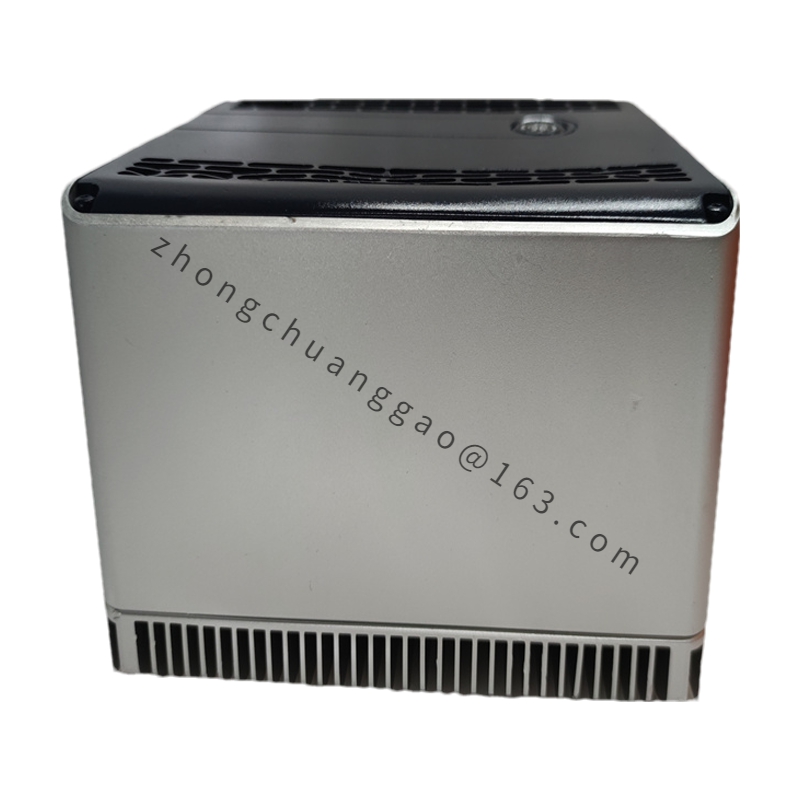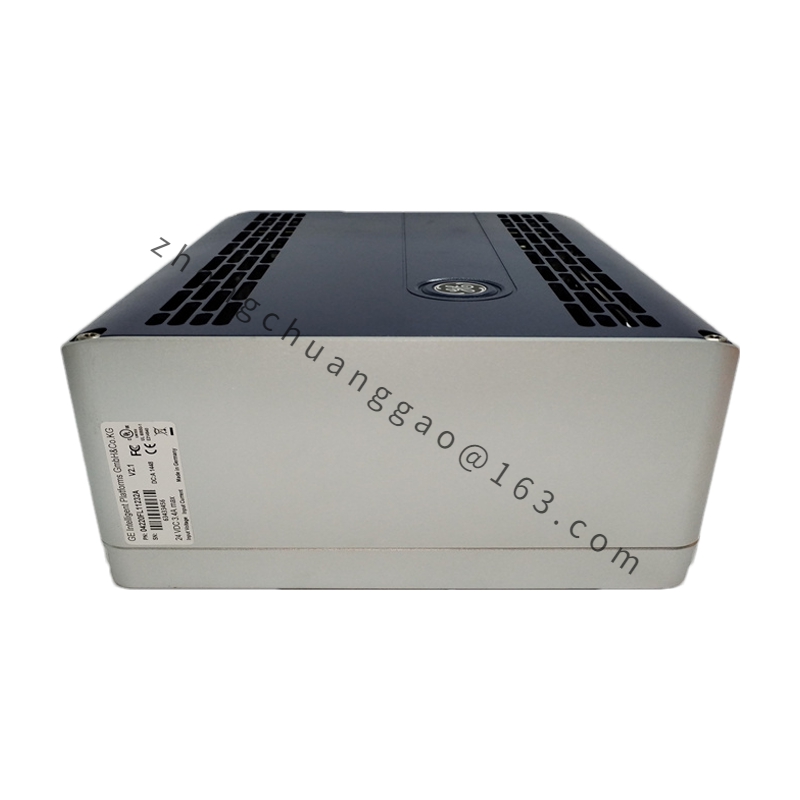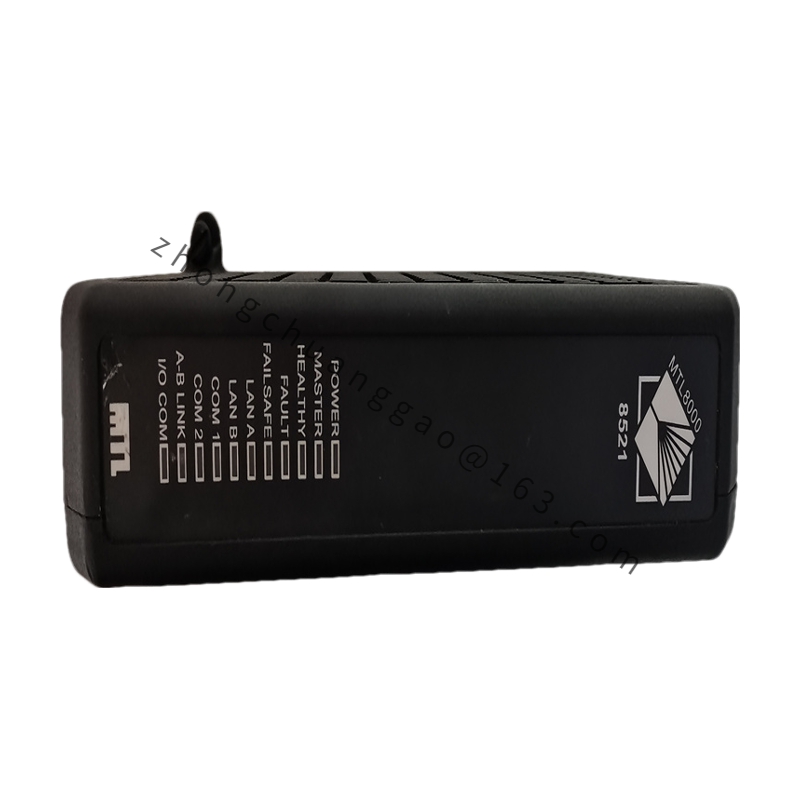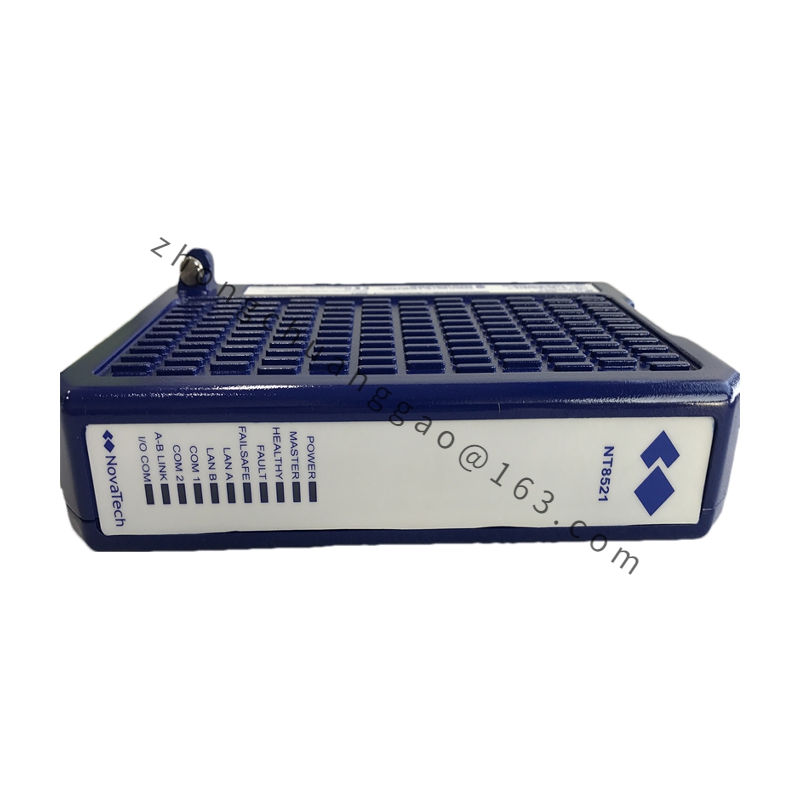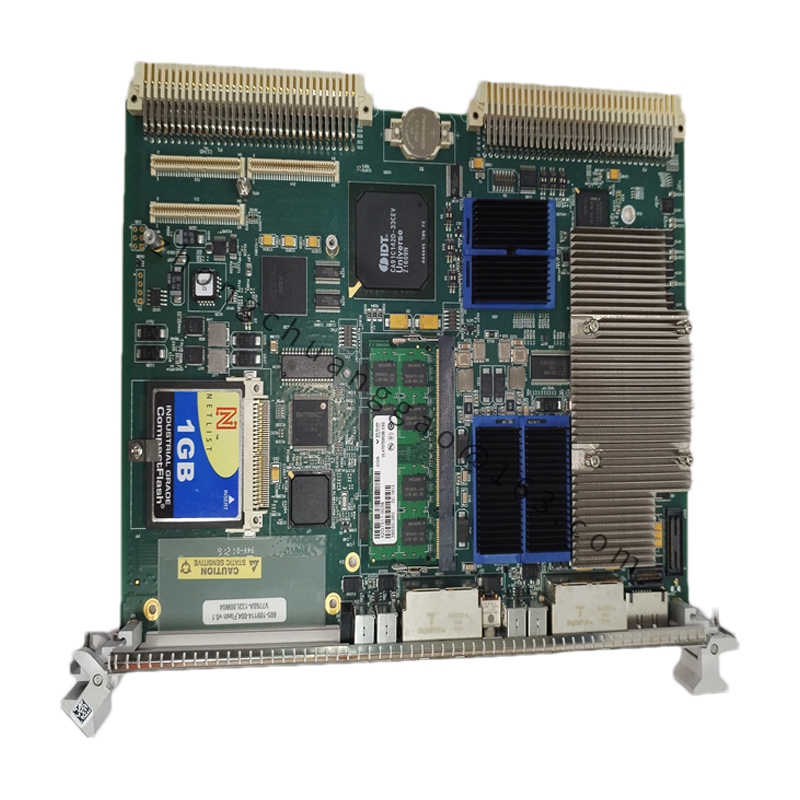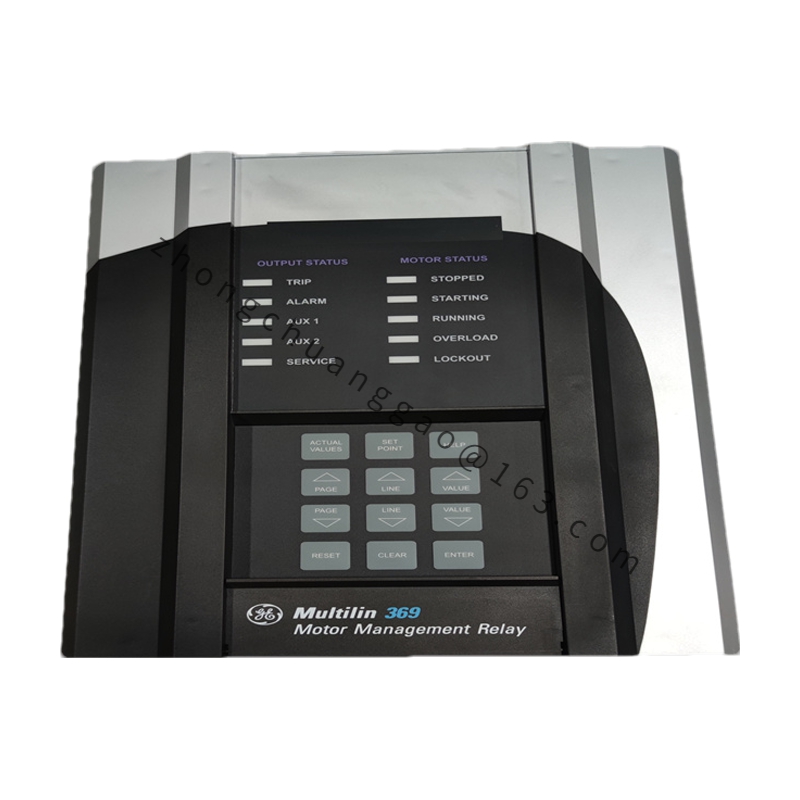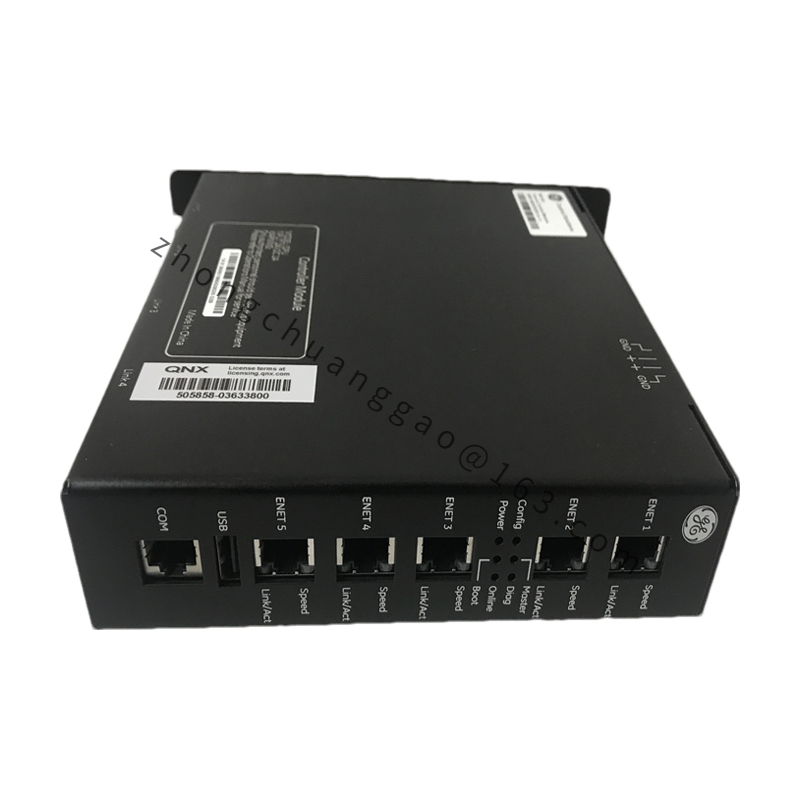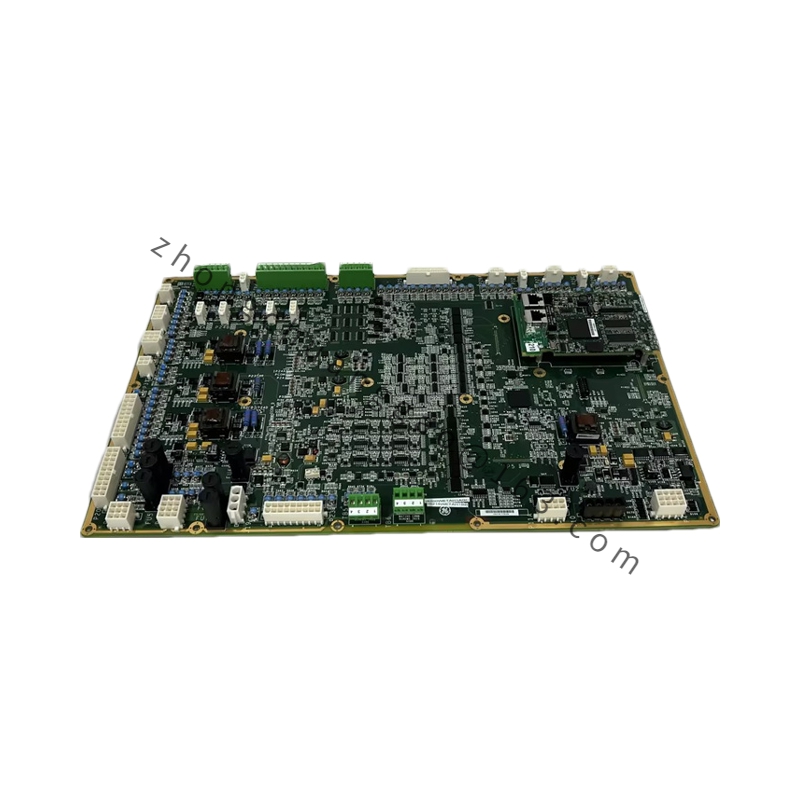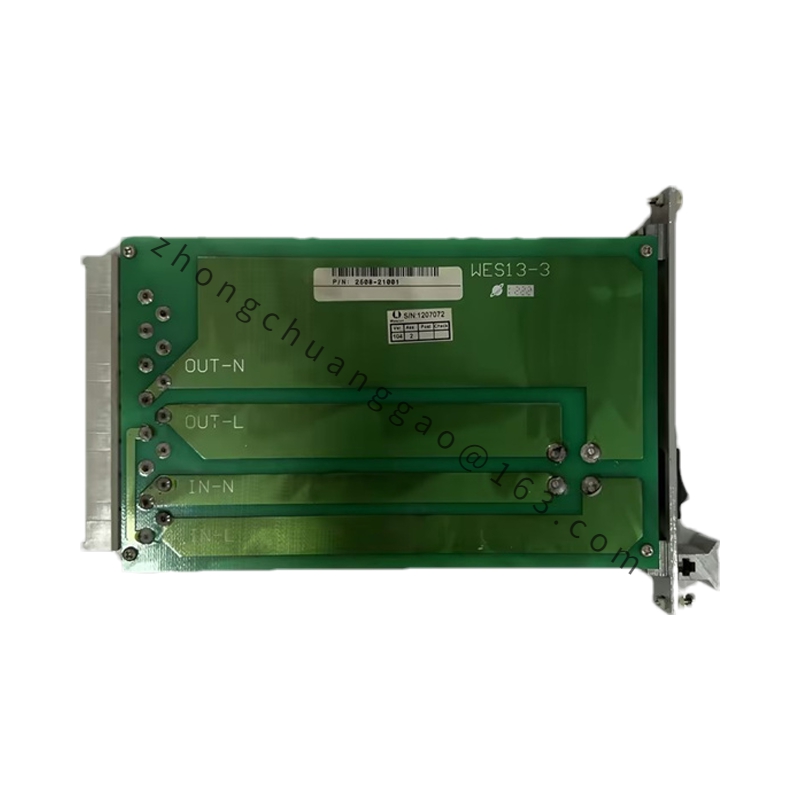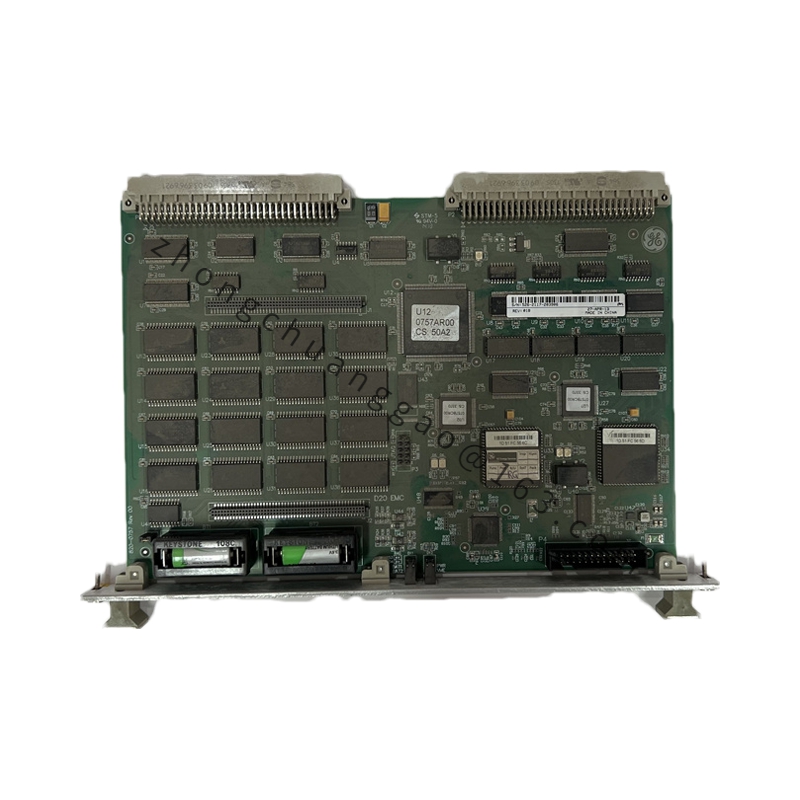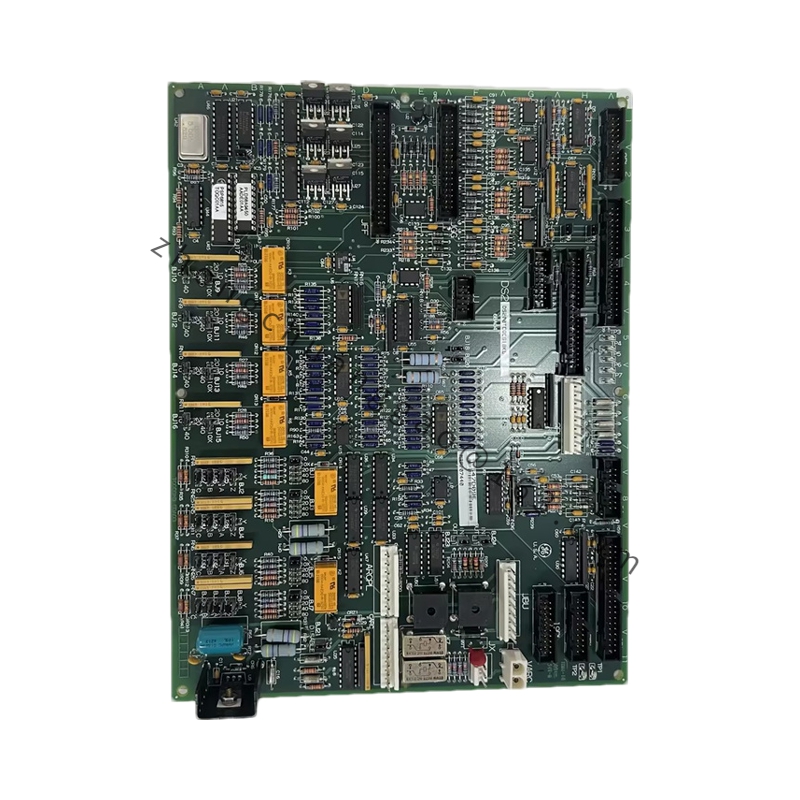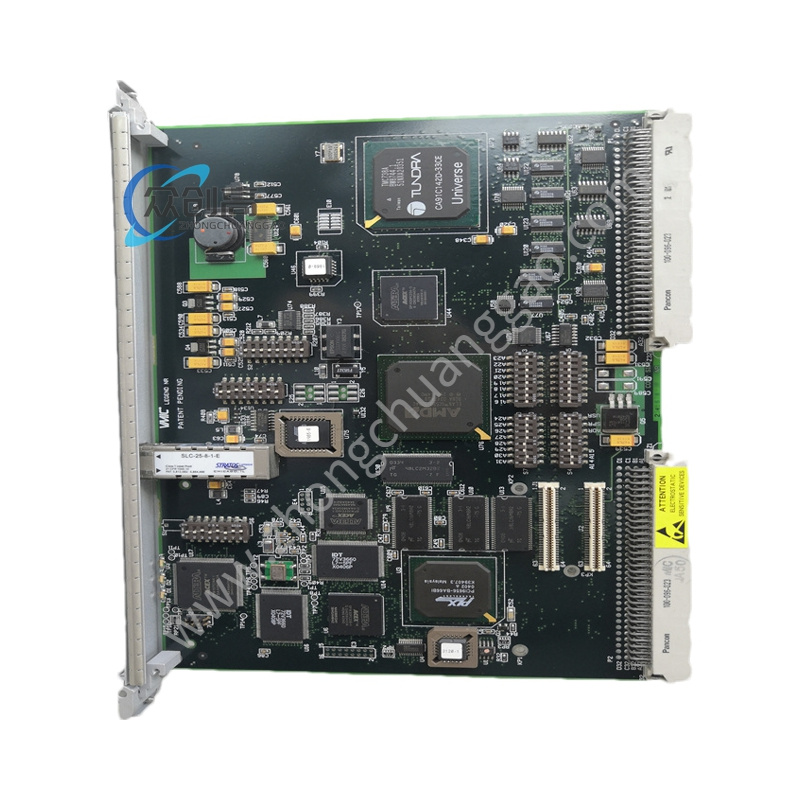GE 04220FL11232A
Technical Specifications
Input Voltage Range: 12-48VDC
Output Voltage: 5VDC
Output Current: Up to 10A
Efficiency: Greater than 90%
Dimensions: 170mm x 105mm x 32mm
Weight: Approximately 120g
Operating Temperature: -20°C to +50°C
Storage Temperature: -40°C to +70°C
Humidity: 5% to 95% RH (non-condensing)
CPU: 32-bit RISC processor
Functional Features
Detailed content
Interface Capabilities:
Provides a wide range of interfaces for connecting and managing various types of sensors, actuators, and other external devices.
Supports digital input, digital output, analog input, analog output, and communication interfaces.
Communication Protocols:
Capable of supporting multiple industrial communication protocols such as Modbus, Ethernet/IP, Profibus, etc., enabling seamless data exchange and control with other devices or control systems.
May include Ethernet, serial, and fieldbus communication interfaces for versatility.
Data Handling:
Capable of transmitting and processing data in real-time, ensuring timely information exchange between devices.
Supports data conversion and formatting to ensure compatibility across different devices.
Remote Monitoring and Control:
Enables remote management of devices and systems through a network, enhancing operational efficiency and reducing downtime.
Data Security:
Incorporates data encryption and security features to ensure the confidentiality and integrity of transmitted data.
Fault Detection and Alarming:
Monitors communication status and detects any anomalies, triggering alarms for prompt attention and resolution.
Flexibility and Customization:
Designed with flexibility to meet diverse communication needs and application scenarios.
Allows configuration and programming to adapt to specific application requirements.
Application Scenarios
The GE 04220FL11232A is widely used in industrial automation applications, including but not limited to:
Manufacturing: Connecting and integrating various sensors, actuators, and control devices in manufacturing processes.
Power Industry: Monitoring and controlling power systems, ensuring efficient and reliable operation.
Chemical Industry: Managing chemical processes and reactions, ensuring safety and compliance.
Water Treatment: Automating water treatment systems for clean and safe water supply.
Oil and Gas: Monitoring and controlling oil and gas extraction, processing, and transportation.
Transportation Control: Managing traffic signals, surveillance systems, and other transportation infrastructure.
Building Automation: Integrating HVAC, lighting, and security systems in commercial and residential buildings.

